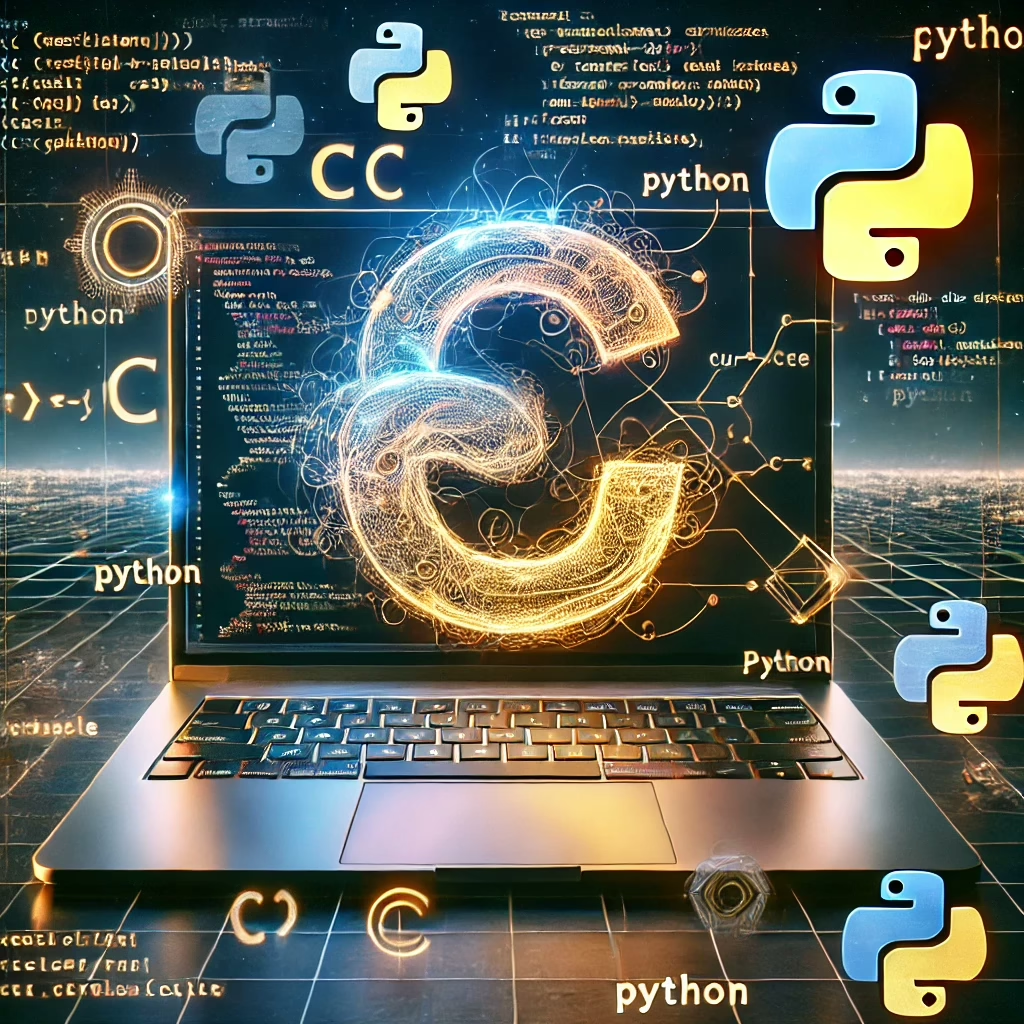As a System on a Chip (SoC) Design for Test (DFT) Engineer, you will be responsible for defining, implementing, and deploying advanced DFT methodologies for digital or mixed-signal chips. You will define silicon test strategies, DFT architecture, and create DFT specifications for next generation SoCs. You will design and verify the DFT logic and prepare for post silicon and co-work/debug with test engineers.
The AI and Infrastructure team is redefining whats possible. We empower our company customers with breakthrough capabilities and insights by delivering AI and Infrastructure at unparalleled scale, efficiency, reliability and velocity. Our customers , our company Cloud customers, and billions of our company users worldwide.
We're the driving force behind our company's groundbreaking innovations, empowering the development of our cutting-edge AI models, delivering unparalleled computing power to global services, and providing the essential platforms that enable developers to build the future. From software to hardware our teams are shaping the future of world-leading hyperscale computing, with key teams working on the development of our TPUs, Vertex AI for our company Cloud, our company Global Networking, Data Center operations, systems research, and much more.
Responsibilities
Develop DFT strategy and architecture (e.g., Memory Built-In Self Test (MBIST), Automatic Test Pattern Generation (ATPG), hierarchical DFT).
Complete all Test Design Rule Checks (TDRC) and design changes to fix TDRC violations to achieve high-test quality.
Insert DFT logic, boundary scan, scan chains, DFT Compression, Logic Built-In Self Test, Test Access Point (TAP) controller, clock control block, and other DFT IP blocks.
Insert MBIST logic including test collar around memories, MBIST controllers, eFuse logic, and connect to core and TAP interfaces.
Document DFT architecture, test sequences, and boot-up sequences associated with test pins.
Minimum qualifications:
Bachelor's degree in Electrical Engineering, a related field, or equivalent practical experience.
3 years of experience with Design For Test (DFT) methodologies, DFT verification, and industry-standard DFT tools.
Experience with ASIC DFT synthesis, simulation, and verification flow.
Experience in DFT specification, definition, architecture, and insertion.
Preferred qualifications:
Master's degree in Electrical Engineering.
Experience working with ATE engineers (e.g., silicon bring-up, patterns generation, debug, validation on automatic test equipment, debug of silicon issues).
Experience in IP integration (e.g., memories, test controllers, Test Access Point (TAP), and Memory Built-In Self Test (MBIST)).
Experience in SoC cycles, silicon bringup, and silicon debug activities.
Experience in fault modeling.











